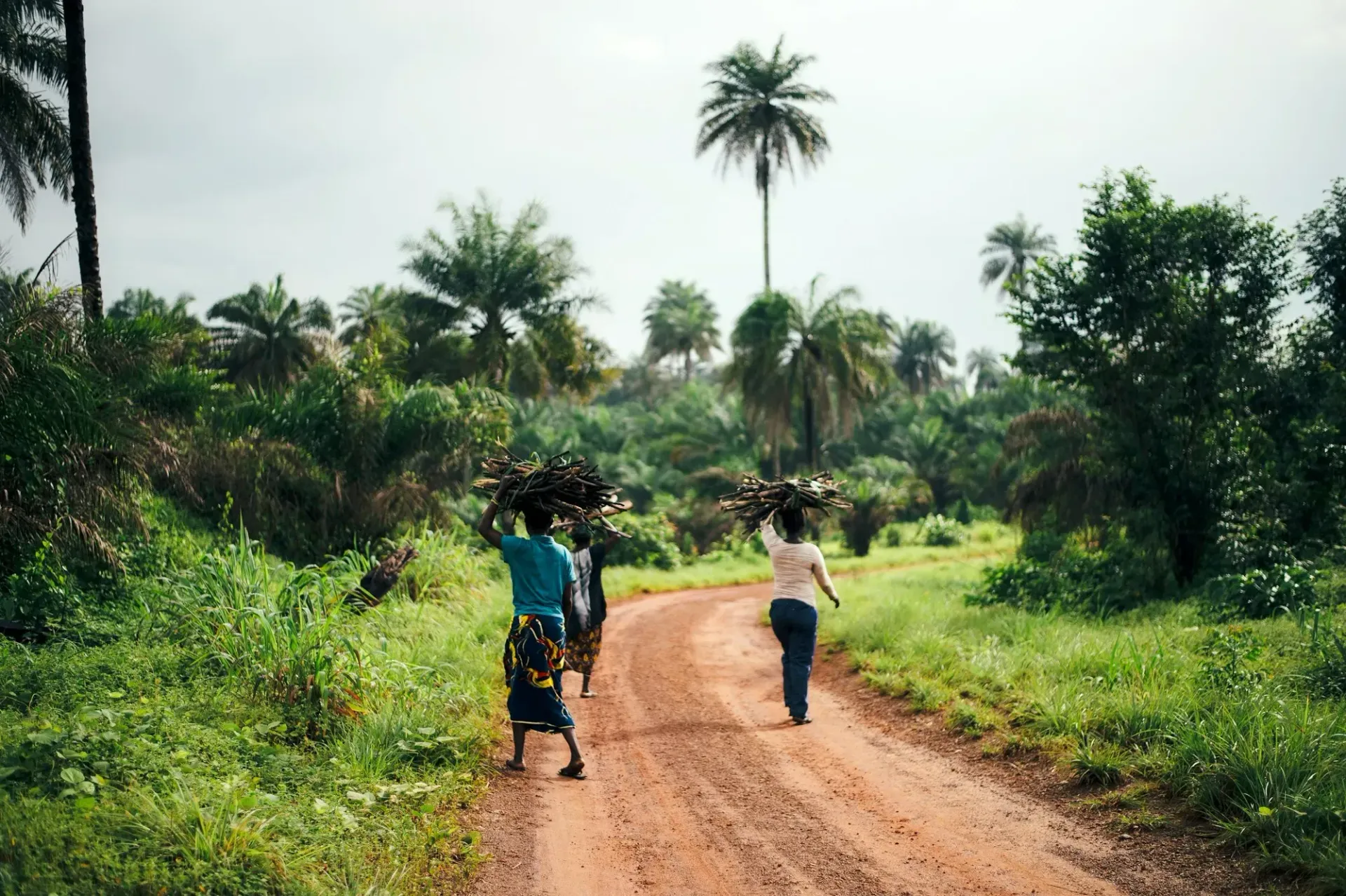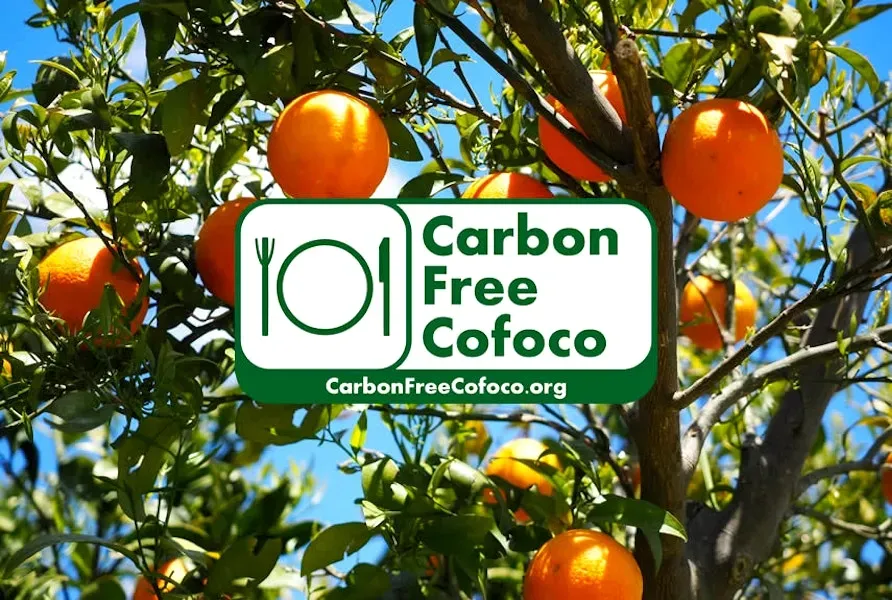CO2 neutralize your meal: Carbon Free Dining
Have you noticed that the menus at Cofoco's Restaurants is raised by 5 DKK per menu that will go directly to our tree planting project made in collaboration with Green Earth Appeal? Or maybe you're one of those who already has tried donating a tree after a meal at Høst or Restaurant Cofoco?
In both cases, it is a step on our path towards a sustainable future. Cofoco made an important partnership in 2018 with the Green Earth Appeal through the Carbon Free Dining (Carbon Free Cofoco) project. And through the project, we plant trees in Tanzania through various initiatives.
We set out to plant approximately 35,500 trees based on sales of catering for Christmas lunch and New Year's Eve. And since then we ran a pilot project with Carbon Free Dining at Høst and Restaurant Cofoco, where as a guest you could buy a tree (to be planted) with your menu. And in the fall of 2019, we have officially chosen to introduce Carbon Free Dining at all Cofoco's restaurants.
This new initiative is an important step in our vision of a sustainable restaurant business. Therefore, the menus at all our restaurants have increased by 5 DKK, so that all Cofoco's guests are part of a greater purpose to create a better future for our fellow man, the environment and climate.
About Carbon Free Dining
Carbon Free Dining is working to establish ecosystems and sustainable forestry and agriculture in the Usambara Mountains of Tanzania. In short, the tree planting project aims to educate and empower communities with knowledge and tools to restore biodiversity and establish sustainable ecosystems - for the benefit of themselves and the overall CO2 content in the atmosphere. In addition to contributing specifically to local development, the trees have a measurable effect on the amount of CO2, since each tree absorbs about 1 ton of CO2 in its average lifetime (expected 40 years).
Read more about Carbon Free Dining and about the parent organization Green Earth Appeal in the links section. The Green Earth Appeal is the official partner of the UN's "Billion Tree Campaign". The types of wood vary depending on the specific local needs and conditions, but it will typically be Moringa trees and fruit trees such as avocado, apple and pear.

